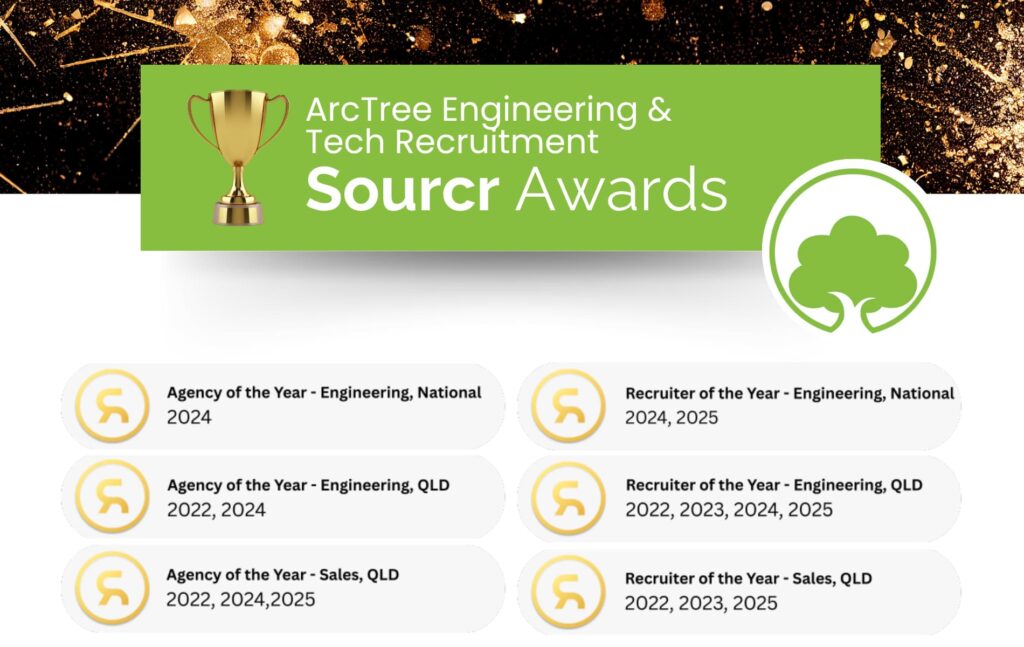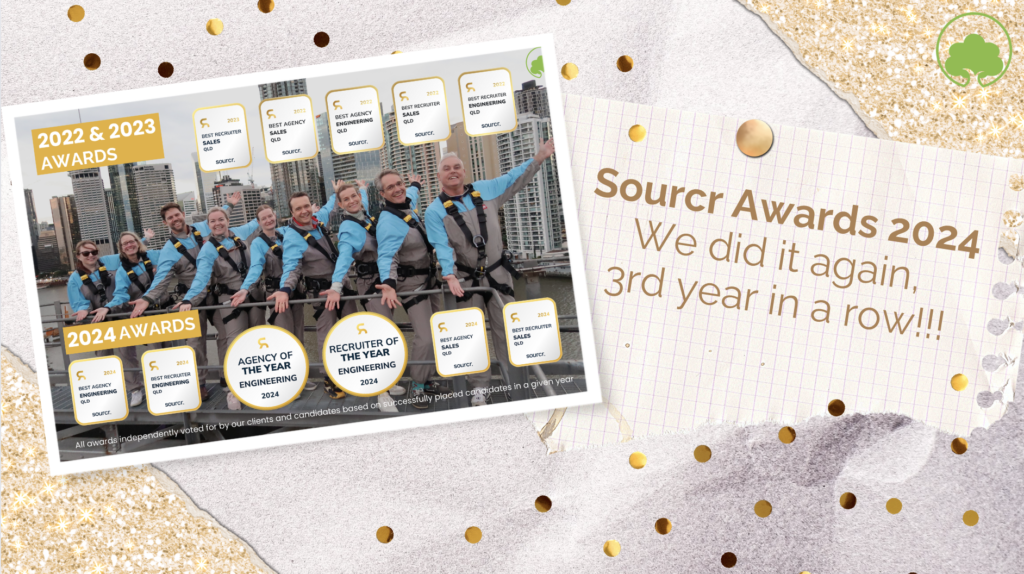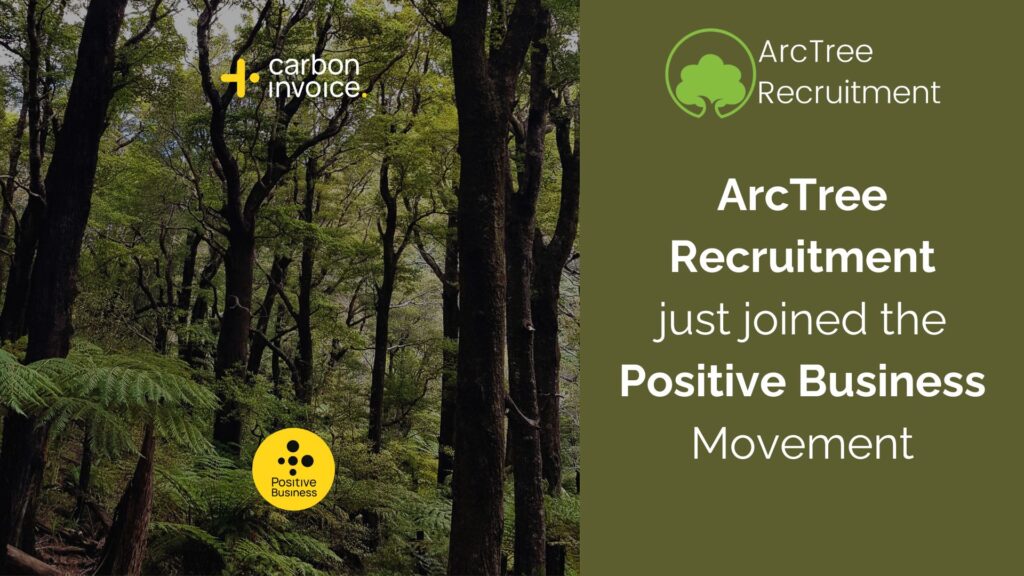Well done. If you have successfully made your resume stand out enough, the recruiter/hiring manager wants to speak to you personally! But, what does this mean and how should you prepare for this (short) discussion, or should you not prepare at all……?
The way recruiters and hiring managers generally work when they are inundated with a mountain of resumes is that they have to sort the resumes into two types of people who provided them: The first type is people who are trying their luck to see if they can jag a role they generally have no qualification, experience or working rights/visa for (gross generalisation, I know, but you get the gist) and then there are those people who genuinely want the advertised role but who may / may not have the required experience or qualifications the client is looking for. As such, your resume and cover letter discussed in my previous blog, Gate 1: How to ensure your application stands out from the rest, is crucial to get you through to this gate, Gate 2, in the process.
At Gate 2, the recruiter/hiring manager still has a significant number of resumes – including yours – that they have whittled down from the enormous number of resumes that have responded to the advertisement.
At a high level, these resumes look to meet the client’s brief on the type of person and associated experience the recruiter/hiring manager is looking for. However, anybody can write anything in a resume nowadays; some of it may even be true, especially with the help of the current crop of AI / ChatGP type of assistance that is readily available to even the lightest of internet users. As such, the recruiter/hiring manager will want to speak to you initially for 5 – 10 minutes. This initial conversation may extend to 45 mins (great sign), or the recruiter/hiring manager may just want the initial short chat and then call you back for a further 10 – 30 minutes chat depending on client pressures and a number of resumes received.

These initial calls are there for the recruiter/hiring manager to get a feel for how genuine you are, what salary you are looking for (to gauge whether this is in the realistic range for the role) and to get a feel for why you are looking to leave your current role / employer. Believe it or not, we hear all sorts of reasons for people wanting to leave their current roles… Once all shortlisted applicants have been spoken with, the selected few (including you) resumes will be put forward to the client for their initial review.
Here are nine (9) key steps/things to do for you to get through this gate, Gate 2, to shine and stand out from the other (competitor) applicants who also received a call-back by:
- Having a positive attitude – amazingly easy to cultivate, surprisingly hard for people to actually do when it counts,
- Knowing the role the recruiter/hiring manager is talking to you about (there is nothing worse than speaking to a candidate who doesn’t know which of the many roles they have applied for the recruiter/hiring manager is calling about).
- Deeply knowing your working history and resume and being able to speak to these fluently, without hesitation. Be positive, even if your experience may have been negative at some point. When you apply for a role, know what you would like to earn beforehand and, more importantly, know what you would be happy with earning for the right role, with the right challenges and career progression. These two values can be vastly different for most people. Knowing these numbers beforehand sets you up for success and keeps you away from possibly feeling disappointed.
- When you are asked a question, stay on point, be succinct and answer the question asked. It sounds simple, but you would be surprised how many people we talk to, either waffle to fill the time, go off-topic or simply rant about something that has nothing to do with the question asked. Remember, the recruiter/hiring manager is trying to get a quick feel for you and your ability to do the job as well as and possibly, more importantly, your possible cultural fit with the company team the role will be working in/with.
- Try to smile during the conversation. Call centre research has proven that when people in the centre smile before they pick up or place a call, they sound happier and be more approachable on the phone. This will work for you as well!
- Be engaging, even if not your natural style; being engaging, friendly and able to talk about yourself with confidence pulls people into wanting to know more about you.
- If you need clarification on something or did not hear part of the conversation, don’t be afraid to ask for clarification. The recruiter/hiring manager is human, they are also on some kind of (phone) device, and the sound isn’t always perfect. They will understand!
- Although you should always try to make time for your next life opportunity call from a recruiter/hiring manager if it is a bad time for the call, politely say so and ask when you can call the recruiter /hiring manager back. This shows a desire & interest in the role the recruiter/hiring manager is looking for. Again, they will understand if the timing of their call does not suit, as they also have lives and work to juggle and know that the timing of their call may need to adjusted due to the (very) private nature of such calls.
- If you have any high-level questions about the role or the company that you can’t find on the web, this is also a good chance for you to ask them.

By following the tips included in this, my second blog in a series, you have markedly increased your chances of landing your next dream job! This was your second chance to SHINE, and you are now through Gate 2 and stand before Gate 3 – the Face-to-Face interview with the client!
Make the time count!

Phone: (07) 3075 9435
Email: enquiries@ArcTree.com.au











